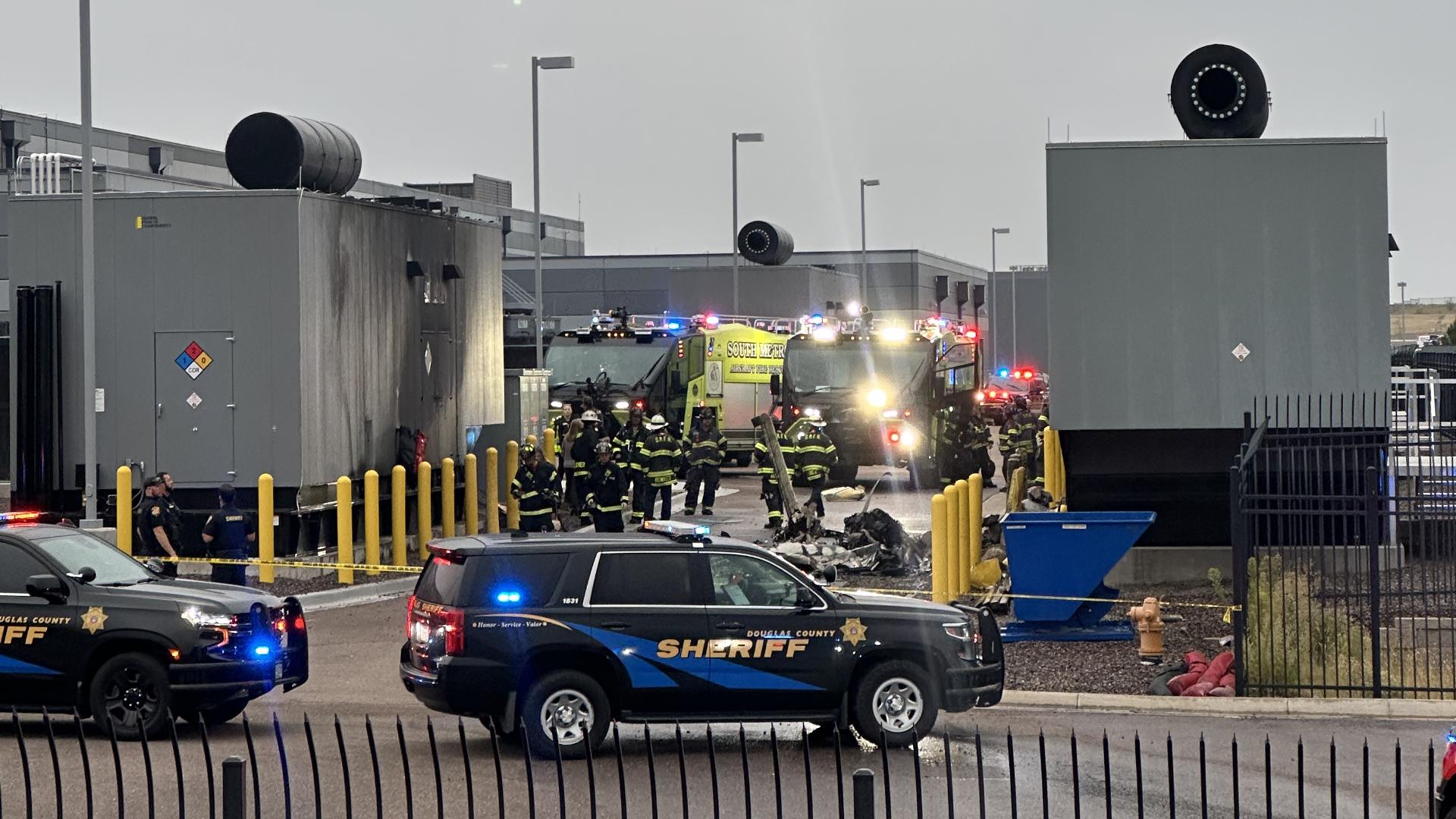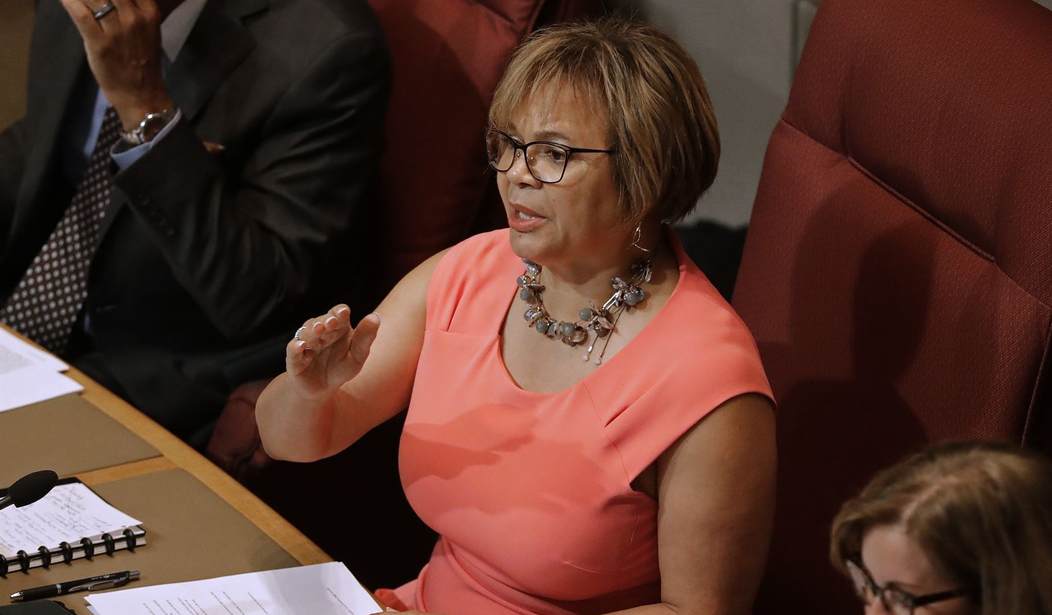A Preventable Tragedy in Charlotte: When Leadership Fails Victims
Last month, Charlotte was shaken by a crime so senseless and brutal it’s hard to put into words. Iryna Zarutska, a 23-year-old who had escaped the devastation of war in Ukraine, came to the United States seeking safety and a chance to build a better future. Instead, she was murdered in cold blood while riding the city’s light rail system—stabbed in the throat by a man she didn’t know, with no chance to defend herself.
The suspect? A man with 14 prior arrests, including robbery with a deadly weapon, burglary, larceny, and assault. He had already served six years in prison and, at the time of the killing, was out of custody despite facing an open assault case. The system knew he was dangerous. And yet, he was free.
This was not just a tragedy—it was a failure of justice.
A Mayor’s Troubling Response
When the city needed clarity, accountability, and reassurance, Charlotte Mayor Vi Lyles chose a very different tone. In her initial statement, she referred to the stabbing as a “tragic situation” and shifted the conversation toward mental health and homelessness. She urged compassion for those living on the streets and warned against “demonizing” vulnerable people.
What she did not do was mention the victim’s name, address safety concerns on public transit, or outline immediate measures to protect Charlotte residents from repeat violent offenders.
Yes, mental health matters. Homelessness matters. But what about Iryna?
What about the public’s right to ride transit without fearing for their lives?
Leadership means balancing compassion with responsibility. Mayor Lyles’ response leaned heavily toward defending systemic compassion while neglecting the very real, urgent matter of public safety.
The Bigger Picture
This crime is not an isolated incident. Across America, cities are grappling with violent repeat offenders being released back into communities—often with deadly consequences. In this case, the system had multiple warnings. The murderer’s record was long, violent, and unambiguous. Allowing him to roam free was an invitation for tragedy.
When leaders downplay these failures, or frame them primarily as social service issues rather than public safety crises, they send a dangerous message: that preventable deaths are simply the price society must pay for compassion. That is unacceptable.
Honoring the Victim
We must not let Iryna Zarutska’s story fade into another statistic. She was a daughter, a friend, and a young woman full of promise. She had already endured more than most of us could imagine, only to be failed by a justice system that should have protected her.
Her death should spark action—not vague promises, not political deflection. Real reforms are needed to ensure violent offenders with long criminal histories are not given yet another chance to harm innocent people.
Final Thoughts
Public safety and compassion are not mutually exclusive. But when compassion for offenders consistently outweighs justice for victims, tragedy follows. Charlotte’s leaders—and leaders across the country—must remember: their first duty is to protect the innocent.
Iryna’s life was cut short in a place she thought was safe. We owe it to her, and to every potential future victim, to demand better.








